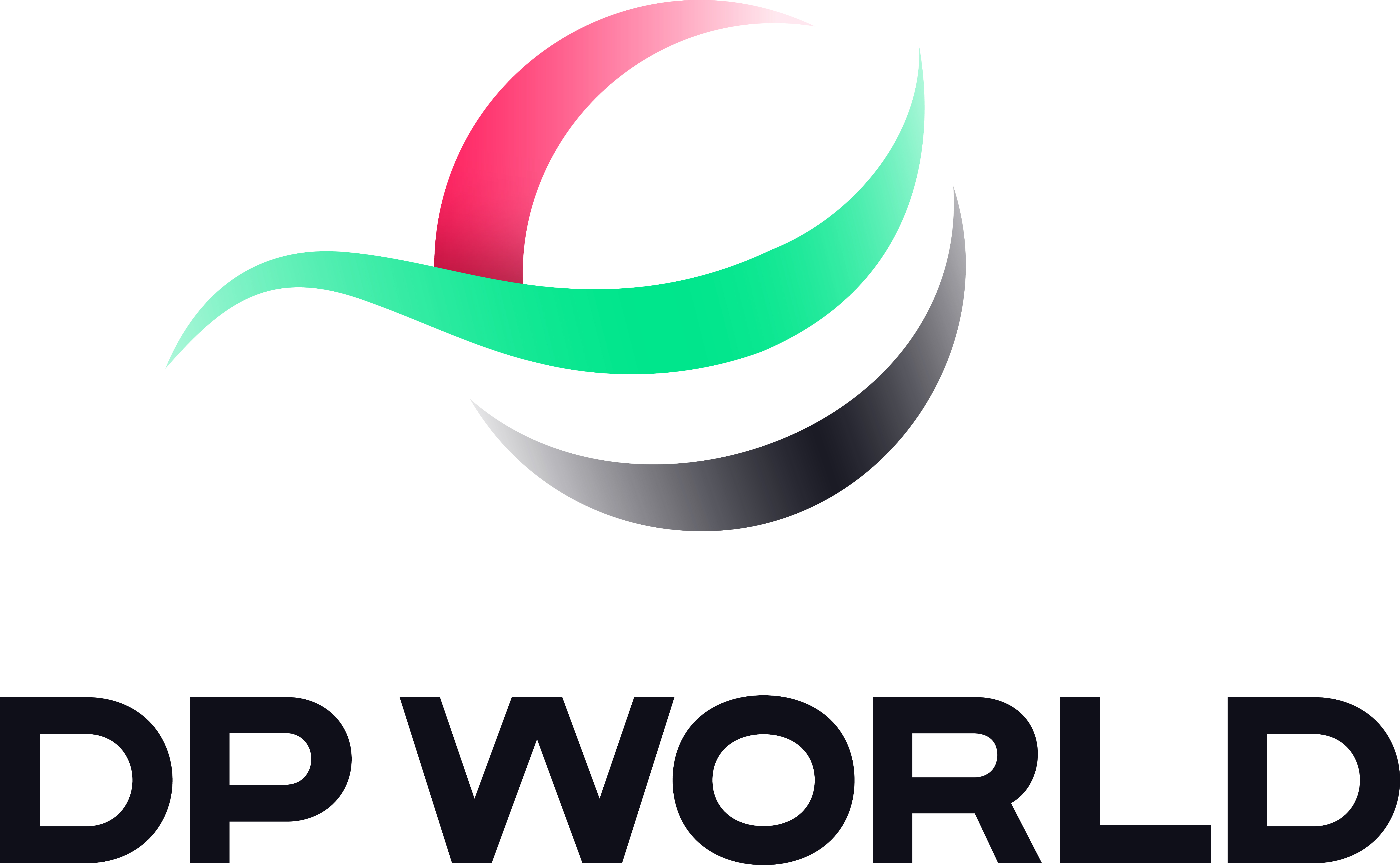Driving the Future: The Role of Supply Chain Sustainability in the Clean Energy Revolution
Harnessing the Power of Clean Energy Relies on Strengthening Global Supply Chain Sustainability
The move towards green energy has reached new levels of momentum, spurring optimism around the world when it comes to reducing carbon emissions and tackling the pending climate crisis. But the very solutions that aim to save our planet depend on the reliability and resilience of global supply chains.
“Closing the Gap on Clean Energy Supply-Chain Sustainability,” a recent report by DP World and Canary Media's Canary Creative, examines the challenges and opportunities associated with improving supply-chain sustainability for the clean energy industry.
Based on a survey of climate and clean-tech professionals, the report emphasizes the pivotal role that sustainable, resilient, and efficient global supply chains will play in enabling the success of green technologies. While the growing adoption of clean energy paints an optimistic picture, it also uncovers a mix of challenges, from the limitations of onshoring to glaring infrastructure gaps, and the indispensable need for data-centric solutions.
For example, the report sheds light on an alarming statistic: nearly half of respondents expect domestic supply-chain resiliency to worsen over the next two years due to rising demand. As a result, manufacturers are under pressure to ensure uninterrupted access to essential materials and components.
Other key findings from the report include:
Geographical Diversity: The spotlight on supply-chain sustainability is leading to a double-edged sword of challenges and opportunities. Businesses must now look to build a network of geographically diverse suppliers that can cater to the growing demand for clean energy solutions.
Regulatory Influence: Regulations such as the pending Scope-3 emissions reporting mandate in the U.S. and the European Union's Corporate Sustainability Reporting Directive are reshaping corporate priorities. Companies are increasingly moving towards prioritizing supply chain sustainability and increasing their focus on environmental, social, and governance (ESG) metrics.
ESG a No. 1 Concern: An overwhelming 85% of survey participants see supply chain sustainability as a priority concern for their organizations, steered by factors ranging from consumer demand, investor expectations, to C-suite's intensifying ESG focus.
Regional Resilience: Onshoring and strengthening regional supply chains will help improve supply-chain sustainability in the coming years. Survey respondents cited both nearshoring manufacturing and diversifying supply chains as near-term priorities, but the top concern remains the ability to keep up with demand.
The ESG Premium: The ESG metric isn't just a boardroom buzzword anymore – a notable 17% of respondents are already investing a premium for suppliers excelling in ESG parameters, and an additional 44% express willingness to follow suit.
Our collective endeavour towards a cleaner, greener future is intricately tied to the strength, sustainability, and resilience of our global supply chains. To architect a cleaner, more sustainable and resilient future, industry leaders, policymakers, and stakeholders must focus on strengthening their supply chains, which provide the backbone for the clean energy transition.
We invite our stakeholders, partners, and the global community to dive deeper into these findings and insights. “Closing the Gap on Clean Energy Supply-Chain Sustainability” is now available on the Canary Media website.
###

